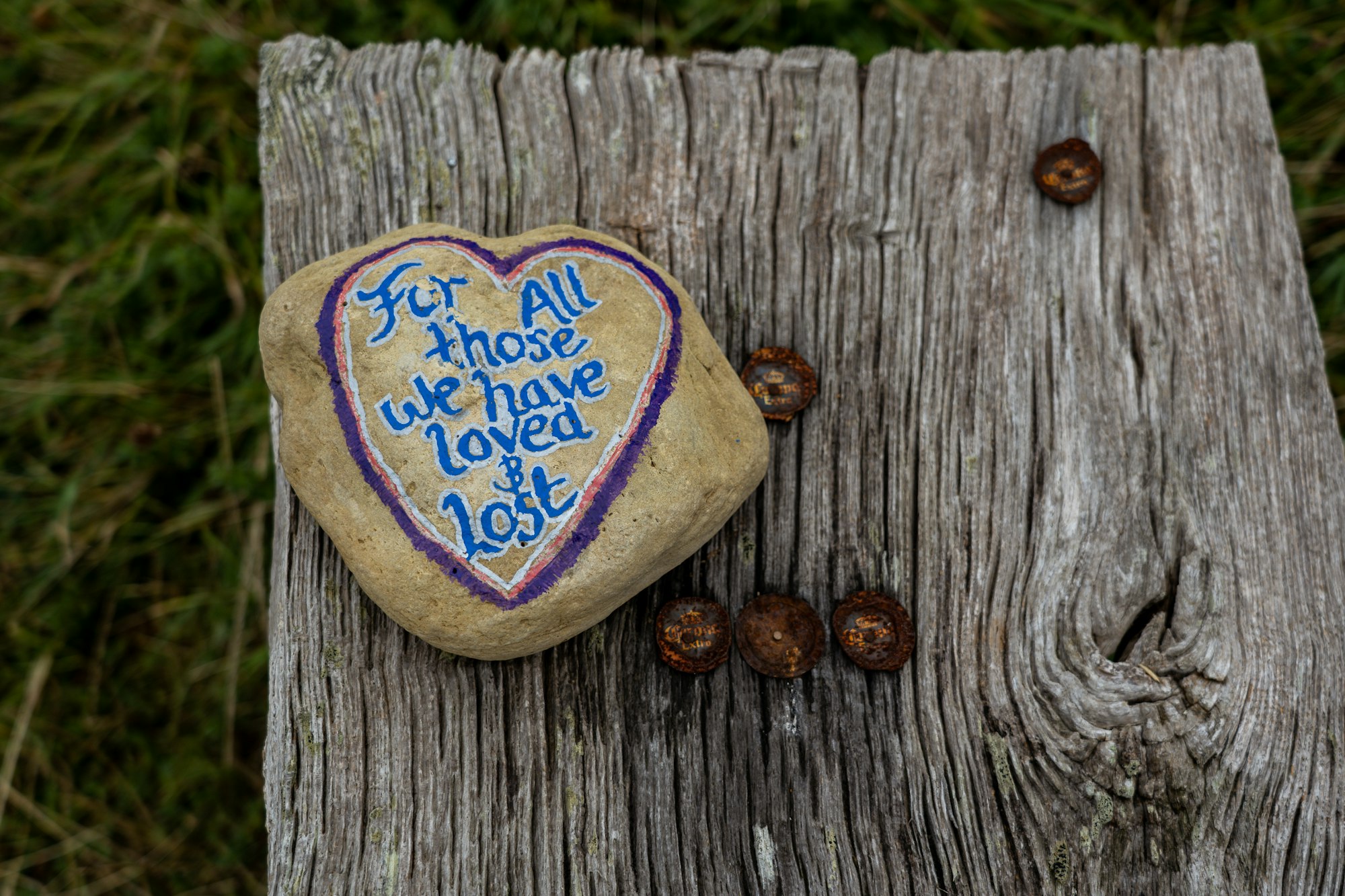Losing a loved one is a different form of emotional brutality. The current of feelings that surfaces in the wake of loss knocks even the most well-balanced person off-kilter. Couple that with a substance use or mental health disorder, and triggers for relapse become ever present. Working towards homeostasis while in recovery is a delicate balance as it is.
Most people in recovery communities will tell you not to make any big changes within the first year. But what happens when those changes can’t be avoided, and provoke symptoms we are working to control? First and foremost, we need to be educated on what will come up during the process of grief so we can strip ourselves of “terminal uniqueness” that tells us we’re the only ones. Second, we need to turn up the dial on our coping strategies. Recovery means making a lot of big changes, and part of that is learning how to respond to grief in an authentic and uncensored way without doing damage along the way.
Additionally, grief can be more than just losing a loved one. Those in recovery are already mourning a loss of coping skills. Our symptoms, be it substance use or self harm, were efforts to keep up safe until we realized they weren’t working anymore. When grief appears in its many forms, our instincts will kick us back to a time when these coping skills were useful. Don’t fall for the trap. Grief needs to be experienced, processed and supported.
Elizabeth Kubler-Ross coined the five stages of grief as a roadmap for what may occur during the grieving process. The stages are denial, anger, bargaining, depression and acceptance. Over the years this linear process of grief has been discarded for a more fluid process, with symptoms and stages occurring throughout one’s lifetime, but the basis of these emotional stages still rings true today. Let’s go over what grief looks like:
Symptoms of Grief
Shock & Disbelief: We can correlate this to the “denial” stage of grief. As our brains process the impact of loss, a piece of us can’t comprehend the reality that we will never see our loved one again. You may see them in a crowd, wait for their phone call to come through, or even deny the reality outright.
Sadness: You will feel more than sad, actually. Crushing sadness, or depression, are commonplace during the grieving experience. Deep yearning or loneliness may make an appearance, while crying occurs on a frequent and unexpected basis.
Guilt: People don’t talk as much about guilt as a symptom of grief, but it’s ever present. Regret about what’s said or not said, or the impact you may have had on your loved one comes up in waves. In a tragic loss, you may have felt you could have done more. In an expected loss, you may feel guilt over the relief you feel for them not having to suffer any longer.
Fear: Grief can trigger all sorts of fears, be it realistic or existential. You may find yourself keenly connected to the fear of losing someone again, or insecure about what the future holds. You may experience anxiety over your own purpose or direction of your life. For the first time, you may be questioning your own mortality.
Anger: At the world, at god, at other people or institutions: anger plays a primary role in the grief process. The need to place blame or resentment helps us make meaning out of grief, whether it’s productive or not.
Physical Effects: Grief also has myriad physical symptoms such as fatigue, lowered immunity, weight loss or gain, aches and pains, and insomnia. The impact of loss affects your daily functioning and can cause openings for illness and disability.
Grief & Recovery
Understanding the very real and serious symptoms of grief can help illustrate the acute impacts it may have on those in recovery. More vulnerable populations may feel the emotional toll of grief and yearn for a way to blot it out. Remember - relapse is not unavoidable. An increase in suffering does not mean reaching for old habits is inevitable. Those healing from other issues have the unique experience of having gone through grief and loss, albeit in a different form, when they entered into recovery.
The tools you use to tend to your recovery are very similar to the tools used to cope with grief. Additionally, release the idea that grief is a standard process you will experience and then discard. Grief shows up in new and different ways throughout our lifetime, so waiting for it to end is setting yourself up for failure. Let’s look at ways to care for yourself throughout the experience of grief:
How to Take Care of Yourself
Let it all Come Out: Don’t censor your feelings; while you can work on your actions surrounding your feelings, such as using drugs or alcohol, I wouldn’t recommend trying to conceal or shove down what’s coming up for you. This is definitely tricky, as sitting and experiencing our feelings is something most people in recovery have avoided for years. For healing to start, we have to acknowledge how much pain we’re in.
Emote: As long as you’re not hurting anyone else, let those feelings come out in the way they need to come out. Need to lock your office door and cry? Do it. Want to smash some old dishes in your driveway? By all means. Need to sit and contemplate your own mortality to sad music? Set some alone time. Use tangible and creative ways to process the emotional intensity you are experiencing.
Go Through the Motions: I say this for two reasons. First, set the bar low on what’s being accomplished during acute grief. Second, routine keeps us in action. I’m by no means saying go to work if you’ve just lost someone, take all the time you need if you can. More that abandoning all functioning during a period of grief is correlated with more intensity in symptoms, which can spiral us back to old coping skills. Dial back what’s expected of you, but don’t let yourself fall into the abyss.
Have Your Own Process: There is no wrong way to grief, so don’t let anyone tell you how to feel. You do not need to move on, you do not need to get over it. You also don’t need to buy into platitudes that tell you “they're in a better place”. You can laugh! You can enjoy life, and you can also get angry and curl in the fetal position. Don’t shame yourself for how grief manifests for you.
Take Care of Yourself: We talked above about the physical symptoms of grief. Give yourself a little extra grace to rest. Eat, even if it feels impossible. If you allow yourself to focus only on one thing in the beginning, let it be this. Taking care of our bodies will allow us to process emotionally later down the line.
Reach Out: Connect to your support network. Call your family, friends and those who can offer support. Let them hold what feels unholdable right now. I promise you, they want to help. Don’t allow yourself to slip into isolation.
Grief sucks. It just does. It guts you like a fish and leaves you open for all to see. It’s an intensely vulnerable experience that leaves us on guard. For those of us in recovery, it peels back layers we’ve carefully worked through and learned to cope with, leaving us on shaky ground. With great love comes great grief. Our grief is the price we pay for love, connection, intimacy and safety. For me, that’s a price worth paying.
Alexa Cordry, LSW, LCADC
My Help Connect is a verified, independent & factual community for providers & clients created to easily find the best help possible. Connect with My Help Connect's message through multiple platforms:
Instagram: @myhelpconnect
Facebook: My Help Connect
LinkedIn: Company Page & Member Page

